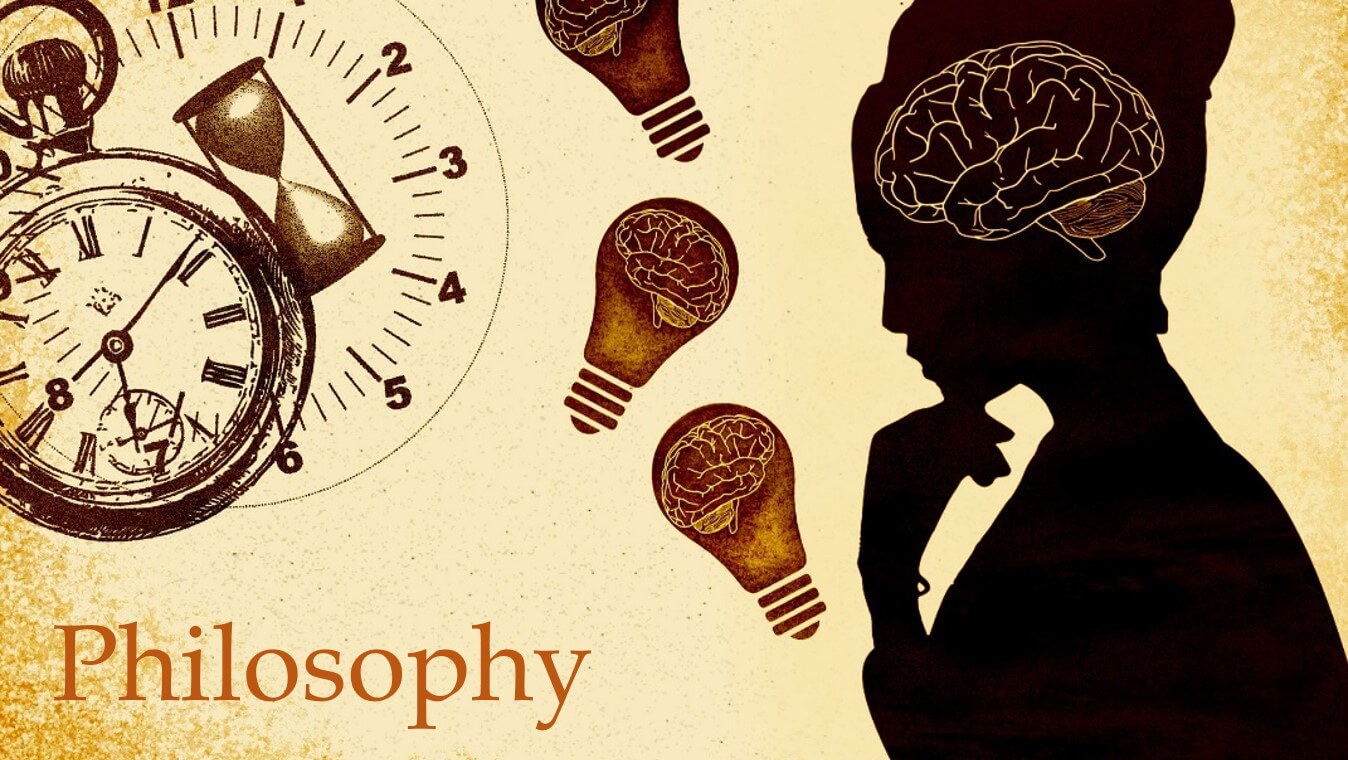Exploring the Essence of Philosophy: A Journey into the Depths of Human Thought
Philosophy, derived from the Greek words "philo," meaning love, and "sophia," meaning wisdom, serves as humanity's perennial quest for understanding the fundamental nature of existence, reality, knowledge, ethics, and the purpose of life. It is a discipline that seeks to unravel the mysteries of the universe, explore the complexities of human existence, and contemplate the profound questions that have intrigued thinkers throughout history.
Origins of Philosophy:
The origins of philosophy trace back to ancient civilizations, notably in Greece, where philosophers like Socrates, Plato, and Aristotle laid the foundations of Western philosophical thought. These early thinkers pondered questions regarding the nature of reality, the existence of the soul, the concept of justice, and the ideal forms of governance, establishing a framework that would influence philosophical inquiry for centuries to come.
Branches of Philosophy:
Philosophy encompasses various branches, each delving into distinct aspects of human life and the universe. Metaphysics grapples with the nature of existence, reality, and the fundamental structure of the world. Epistemology investigates the nature and scope of knowledge, seeking to understand how we acquire knowledge and the limits of human understanding. Ethics explores concepts of morality, virtue, and principles guiding human conduct. Aesthetics delves into the nature of beauty, art, and the appreciation of the sublime.
Central Themes in Philosophy:
Throughout history, several central themes have captivated philosophical discourse. The mind-body problem examines the relationship between consciousness and the physical body. Free will versus determinism debates whether human actions are predetermined or if individuals possess autonomy in decision-making. The problem of evil grapples with the existence of suffering and malevolence in a world purportedly governed by a benevolent deity. These themes provoke contemplation, inspiring a multitude of philosophical
perspectives and theories.
Evolution of Philosophical Thought:
Philosophy evolves as thinkers build upon the foundations laid by their predecessors, introducing new ideas and challenging established beliefs. From the rationalism of René Descartes to the empiricism of John Locke, from the existentialism of Søren Kierkegaard to the utilitarianism of John Stuart Mill, diverse philosophical movements and schools of thought have emerged, contributing to the richness and diversity of philosophical inquiry.
Relevance of Philosophy in Contemporary Society:
I n a rapidly changing world, the relevance of philosophy endures. It fosters critical thinking, encourages analytical reasoning, and nurtures intellectual curiosity. Philosophical inquiry remains integral to various fields, including ethics in technology, political philosophy in governance, and the ethical implications of scientific advancements.
Conclusion:
Philosophy continues to serve as a beacon of human intellectual endeavor, inviting individuals to explore the depths of human thought, challenge assumptions, and seek wisdom in the pursuit of understanding life's profound questions. It stands as a testament to humanity's quest for knowledge, offering insights that transcend time and enrich our understanding of the world and ourselves. As we navigate the complexities of existence, philosophy remains a guiding light, inviting us to ponder, question, and contemplate the essence of our being and the universe that surrounds us.






















































